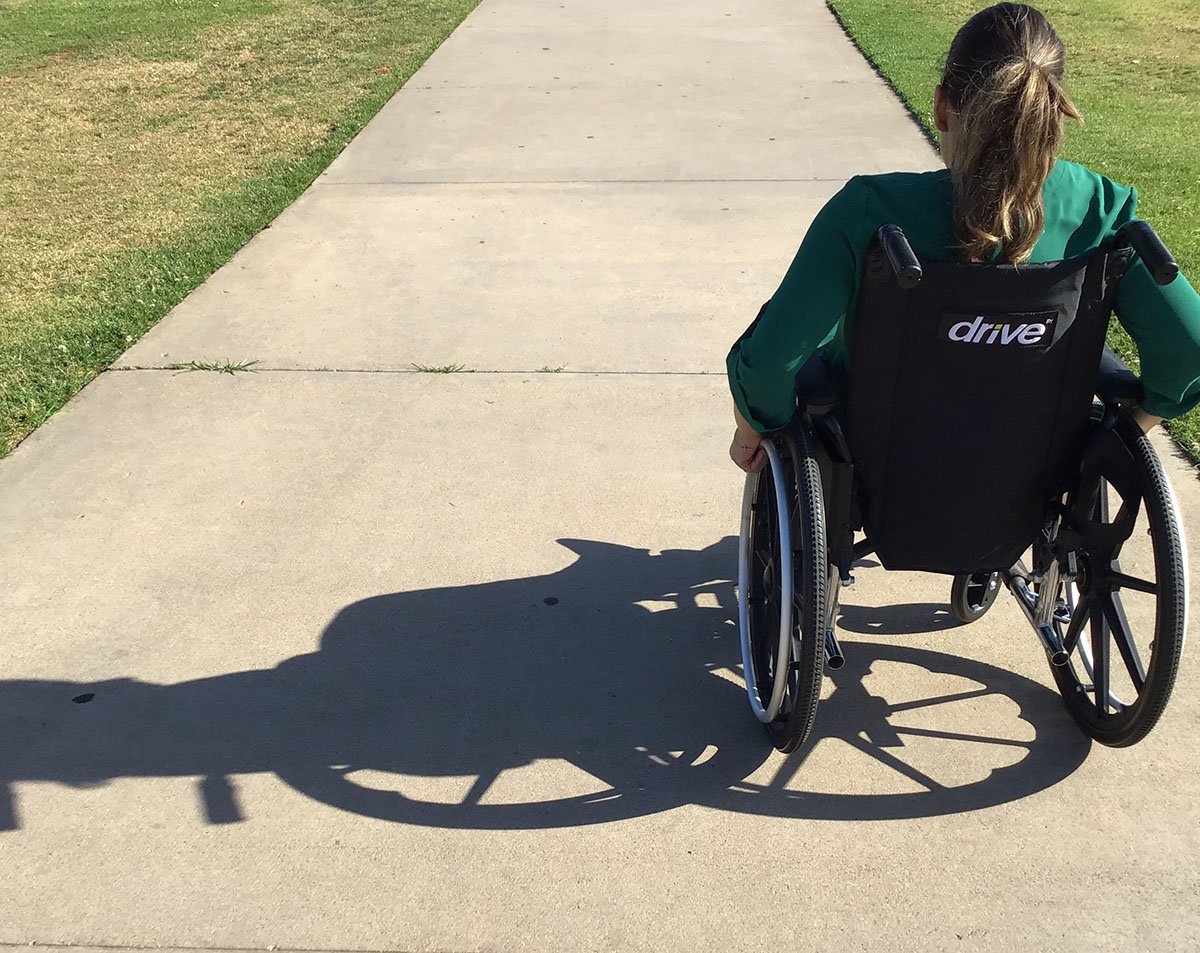Oliy taʼlimda nogironlarni qoʻllab-quvvatlash tizimini takomillashtirish
Rix Inklyuziv Tadqiqot Instituti London Universiteti (UEL) va Oʻzbekiston Milliy Pedagogika Universiteti (NPUU) oʻrtasida nogironlik boʻyicha inklyuziv hamkorlikni amalga oshirish uchun Britaniya Kengashi tomonidan moliyalashtirildi. Maqsad oliy ta'limda nogironlikni qo'llab-quvvatlash tizimini takomillashtirish bo'lib, loyiha 2025 yilning mayidan 2026 yilning avgustigacha davom etadi.
Loyihani moliyalashtirish Britaniya Kengashining Going Global Partnerships dasturidan olinadi va asosiy e'tibor inklyuziv amaliyotlar, gender tengligi va bilim almashinuviga qaratiladi. O‘zbekistonlik hamkorlarimiz bilan birgalikda kengayish imkoniyatlarini sinovdan o‘tkazadigan asboblar to‘plamini ishlab chiqamiz. Biz uzoq muddatli hamkorlikni yo'lga qo'yishga, mahalliy tajribani rivojlantirishga va siyosatga asos bo'ladigan bilimlarni baham ko'rishga umid qilamiz.
Biz ishtirokchilarning kamida 30%i UEL va NPUUda nogiron talabalar boʻlishini maqsad qilib qoʻyganmiz, bu bizga oʻquv ehtiyojlarini, qoʻllab-quvvatlashdagi kamchiliklarni va inklyuziv amaliyotlarni oʻrganish imkonini beradi va toʻsiqlar, qoʻllab-quvvatlash tizimlari va jinsga xos muammolar kabi mavzularni yoritish uchun fokus-guruhlar va soʻrovlardan foydalanamiz. Biz 2025-yil sentabr oyi oxirigacha asosiy tadqiqot hisobotini va 2026-yil may oyida yakuniy hisobotni tayyorlaymiz.

Loyiha doirasidagi rollar va mas'uliyatlar quyidagilardan iborat bo'ladi:
UEL
• rahbarlikni muvofiqlashtirish
• tadqiqot loyihasi
• asboblar to'plamini ishlab chiqish
• Buyuk Britaniyadagi trening
NPUU
• mahalliy amalga oshirish
• dala tadqiqotlari
• asboblar to'plamining uchuvchisi
• manfaatdor tomonlar bilan aloqa
Ikkala hamkor ham treninglarni birgalikda olib borish, almashuvlarni osonlashtirish va hammualliflik natijalari uchun javobgar bo'ladi.
UEL Global rahbari Mark Krossi ushbu xalqaro hamkorlikning muhimligini ta'kidlaydi:
“O‘zbekiston Buyuk Britaniyaning transmilliy ta’lim (TNE) hamkorligi uchun o‘sib borayotgan va tobora qulay muhit hisoblanadi: uning jadal o‘sib borayotgan 37 millionlik aholisining 301 TP3T dan ortig‘i 14 yoshgacha bo‘lgan yoshlardir va madaniy va tarixiy sabablarga ko‘ra o‘zbeklar o‘z farzandlari uchun ta’limga katta sarmoya kiritadilar va xalqaro tajribalarga juda ochiq.
O'zbekiston Ta'lim vazirligi ta'sirchan iqtisodiy o'sish davrida TNE uchun qulay iqlimni yaratdi va Buyuk Britaniyaga qulay hamkor sifatida qaraydi. O‘zbekiston hukumati so‘nggi bir necha yil ichida jadal modernizatsiya qilinayotgan, ochilayotgan va ulkan milliy islohotlarni amalga oshirayotgan mamlakat manzarasining bir qismi sifatida, shuningdek, nogironligi bo‘lgan fuqarolarning foydalanish imkoniyatlarini yaxshilashga, ushbu vazifani hal qilish uchun maxsus davlat organini tashkil etishga, shuningdek, sohadagi turli NNTlarni bevosita qo‘llab-quvvatlashga e’tibor qaratdi.
Oliy ta’lim ham ushbu e’tiborning muhim qismidir va UEL qoshidagi Rix markazining O‘zbekiston Milliy pedagogika universiteti bilan bevosita O‘zbekiston Ta’lim vaziriga qarashli elita instituti bilan hamkorligi haqiqatdan ham muhim. Chunki imkoniyati cheklangan talabalarni qo‘llab-quvvatlash bo‘yicha o‘quv dasturlarini isloh qilish bo‘yicha hamkorlikdagi ish Markaziy Osiyoning ahamiyati tobora ortib borayotgan ushbu mamlakatdagi 70 dan ortiq davlat universitetlarining barchasida amalga oshirish imkoniyatiga ega.
O”zbekiston Markaziy Osiyodagi aholi soni bo‘yicha eng yirik davlat bo‘lib, u yerda olib borilayotgan ishlar butun mintaqaga katta ta’sir ko‘rsatadi. Shuning uchun RIX ushbu hamkorlik doirasida oliy taʼlimni isloh qilishda va Oʻzbekistonda nogironlarni qonunchilikda qoʻllab-quvvatlashda qimmatli hamkor boʻlish uchun juda yaxshi joylangan”.”
